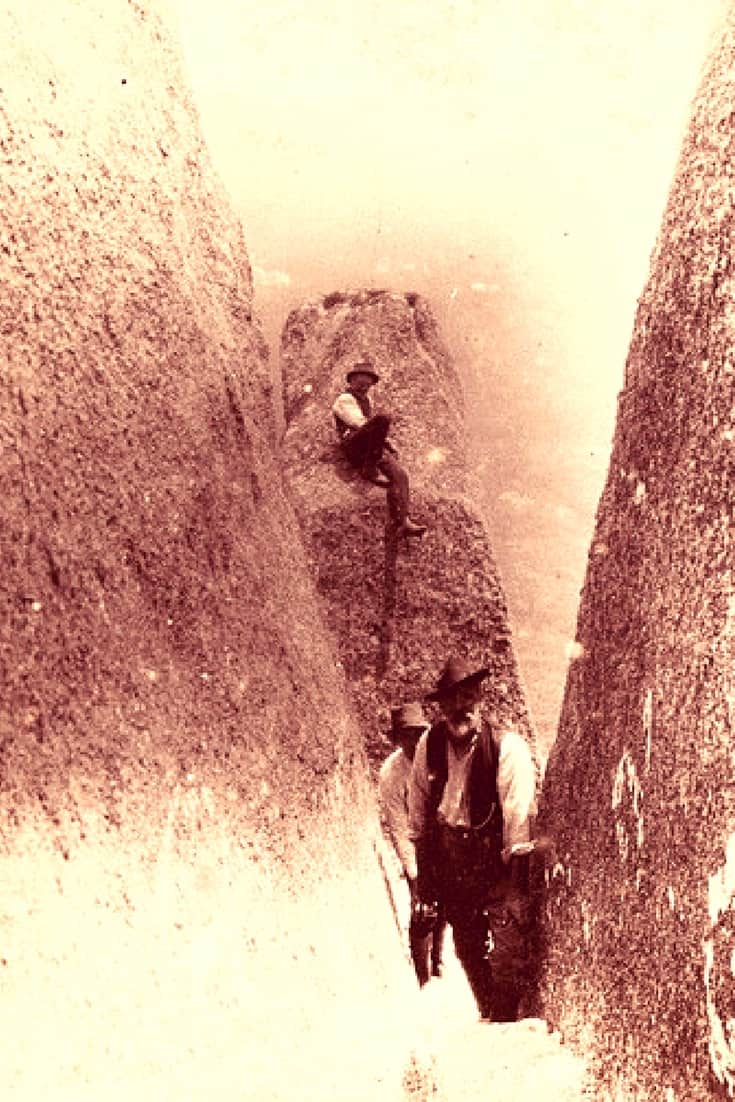Your basket is currently empty!
The other day Katy, Toseland and I were having coffee when Toseland said something quite profound. Somehow a conversation about The X-Files and the Lone Gunmen had morphed into running aground when you are trying to lose weight. Not that it’s because of alien DNA or a cigarette smoking man conspiracy, but according to Toseland, people just don’t Plan for the Plateau.
As he describes it, most people start too hard and fast. They ruthlessly cut calories and start an endurance exercise programme at the same time. When they plateau (too soon) they can’t do anything more to take it to the next level. And then they get discouraged and quit. (And put it all back on with a bit more for measure). All because they didn’t Plan for the Plateau. They assumed it would be a smooth gradual transition, and didn’t think about how to manage it.
It occurred to me that we fail to plan for the plateau in so many areas of our lives. When we set goals, we think about the beginning and the end, but we don’t give the unmotivated middle any thought at all. It’s Groundhog Day every day and we can’t seem to make any progress.
And the thing of it is that if we stopped for a fraction of a second to think about it, we know there’s going to be a plateau. We can’t even get through a day without that mid-afternoon plateau. And the chocolate fueled final push towards the summit. Or the end of the working day at least.
Get Started
Toseland has the right of it when it comes to starting – slow and steady, as they say, wins the race. Steady consistent progress towards your goal gets results. Take long-distance runners, for example, those that take the early lead generally fall behind as the race continues, Those that conserved their energy in the early stages have enough left for a final sprint as they near the finish line.
Plan for the Plateau
It is really frustrating to hit a plateau, even when you know it’s going to happen. You need to keep a little something aside to help you get
Reconnect With Your Why
For me, what keeps me going is having a strong vision of where I want to be. Read any one of my monthly reports and you can see that I’m not doing very well on losing weight and keeping it off. While I have the idea of a fit and healthy me, imagining myself in the body of someone like Michelle Pfeiffer or Sigourney Weaver is the closest I can get but they aren’t me.
On the other hand, I have managed to get past the plateau to finish three books (to date), partly because of a clear vision for each.
If your why isn’t sufficiently motivating, consider whether you really need to be doing this project. And if you do, try to come up with a more compelling vision that will see you through.
Plan the Resources You Need
When I sit down to write, I have all the stuff I need to get going. Sometimes it’s reference books, sometimes it’s paper and coloured pens, and sometimes it’s an empty distraction free desk. I also often rely on chocolate biscuit bribes. But knowing I need them, I have them on hand (but not when I don’t).
I also plan my schedule so that I’m writing when I feel freshest and most creative and the important stuff gets done before the day gets away from me.
Remember the Critical Path
Any kind of project/goal has a logical series of tasks that gets you where you want to go – you can’t have a bath if you don’t fill the tub! Projects also have something called “critical path.” It’s the flow of work that has the least room to manoeuvre – if a task on that path is delayed, your whole project is delayed.
In my books for example, if the illustrations or cover design are delayed, publication is delayed and I can’t finish the project. But outside the scope of critical path, I can more or less choose what to do. In terms of the timeframe, it doesn’t matter if I write Chapter 8 before Chapter 2. And if I find 8 more interesting, I will make more progress if I do that instead of slogging through Chapter 2.
Track and Reward Your Progress
Another good source of motivation is tracking your progress. I note my word count every day, and when I feel like I have got good work done, I reward myself with a sticker. (I often mention them in my monthly reports).
Take a Break
Having said that, sometimes you just need to take a break to reset your brain, so include appropriate free passes in your plan. Take a day off and do something different. In terms of books, I might work on a different aspect of the same book, or another book entirely.
Just don’t forget to come back!
The Final Sprint
Realistically, by the mid-point of any project, you’ve already invested more time and energy than it will take you to finish. Sometimes you’ve saved time time and energy because you knew it would be hard. Other times, it’s sheer bloody-mindedness that pushes you to the end.
Most of the time, you have to plan around your limitations.
I could easily go back to any one of my books today and spend too much time and effort trying to make it perfect. But a plan for the plateau, has to include finishing. Acknowledge that you’ve done the best you can with the resources you have and move on.



